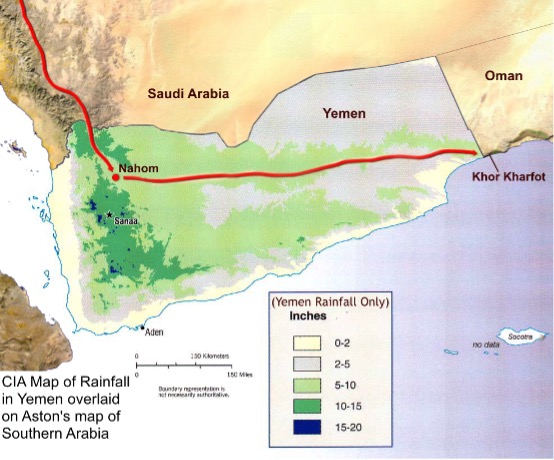As we are riveted by the events in Japan, what can we learn and apply to our own situation? First, I am struck by the civility, courage, and kindness of the Japanese people. In spite of the chaos, society in Japan has not broken down into lawlessness. The Japanese apparently do not look for excuses to smash open shop windows and load up on loot. Social order and basic respect for one’s fellow man can still pervade a people even in the midst of destruction and danger. That is inspiring. I hope my nation can learn from that.
We can also learn about emergency preparation. The disaster was extreme, unexpected, and sudden. The tsunami would follow the earthquake by just a few minutes, making speedy evacuation critical to survival. Though many of you may not live in earthquake zones, we all live in regions where extreme disasters can strike, where we may have just a few moments to evacuate. Do you have a 72-hour kit ready to go? Something you can grab and run that will have what you need to live for three days or so until help arrives? This might be a backpack or other bag you can carry filled with things like basic first aid supplies, granola bars or other long-lasting items you can eat, bottled water, clothing, a radio, a flashlight, phone numbers and contact information, etc. This would be a good time to do a drill with your family in which authorities knock at your door (why not have your home teacher do this as part of the drill?) and give you 5 minutes, maybe less, to evacuate. Can you grab a bag and run? Have you thought through what you would do?
One of the most important things to consider is where to meet after a disaster. This is essential in the case of a fire. Make sure everyone knows where to gather after escaping a house fire. A friend of mine died in a fire in his home because of inadequate preparation in this area. All of his family and another family got out safely, but some gathered in the back of the house and others in the front. He didn’t know about the people on the other side of the house. He thought there was still a child inside, and ran back into the burning house armed with a water hose. There was a flash of fire and suddenly he was engulfed in flames. Heroic, yes, but unnecessary.
Whether it’s a chemical spill, a riot, an epidemic, flooding, fire, or whatever, we are all at risk. Be prepared. Storing food and water is more important than ever in these dangerous times.
May we keep the Japanese people in our prayers and look for better ways to help from afar.
Meanwhile, consider donating through the LDS Humanitarian Aid Fund.









All good suggestions. This might also be a good time to revisit the issue of public civil-defense organization and preparation, from the local city and county level all the way up to the federal level. It seems to me that in addition to spending millions of dollars on building safety backups into nuclear power plants (though that's certainly a good thing to do!), local governments could also do a certain amount of neighborood organizing, etc., as well as providing assistance in the sort of preparations you've described in your post. This sort of thing shouldn't prove very costly, and to the extent that it is, the expense would seem to be easily coverable through a licensing fee or energy tax that would be pretty negligible, especially considering its value in a catastrophe. (I wonder if in fact the Japanese already were doing something like this, and if so how much it helped in this disaster.)
re the lack of looting in Japan–FWIW I just read this interesting comment over at Andrew Sullivan's blog:
"There is much less sense of individuality in Japan, and this is reinforced by social and legal norms. For example, each family has an official record that is registered with the police. It is customary upon application for admission to college or for employment to produce a certified copy. If your sister were divorced, say, or your brother had a conviction for shoplifting, this would appear on your family's record and would likely endanger your own prospects for education and employment. Each Japanese is, in essence, his brother's keeper."
If true, this would go a long way toward explaining the civil order we're seeing. But I doubt it would transfer very well to America's much more individualistic culture. Imagine what would happen here if someone were to propose basing college admissions on whether your sister were divorced or your brother had a conviction for shoplifting!
Also FWIW: I think Sullivan has far and away the best conservatiive blog on the web.
I thought I had added my comment–
I think there is a reason for the orderly behavior, beyond the communitarianism which is common in Japan–
Japan has not waged war for over 5 decades, and even in WWII it is hard for many Americans to understand the Japanese perspective; it may be that Japanese today are peaceable in spite of or even because of what happened 65 years ago–
having two major cities demolished with atomic weaponry could be a factor–
but the Japanese have earned the right to have order, since they have renounced war and proclaimed peace–
God bless them–